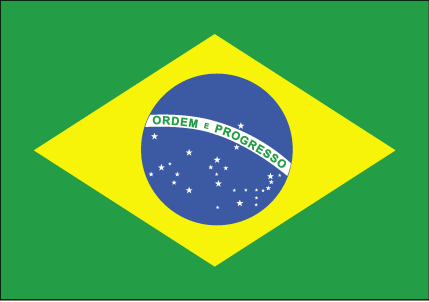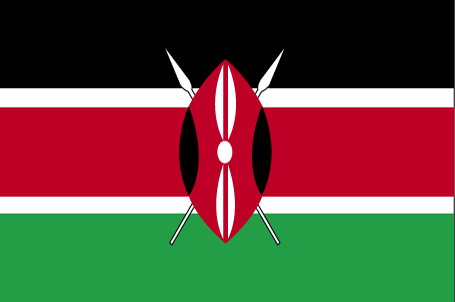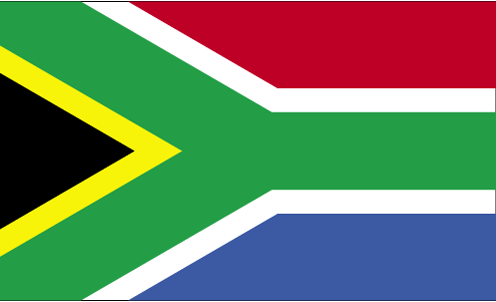Resolution #442
 |
The question of deep-sea mining. |
| Committee: Ecology & Environment | |
| Main Submitter: Greece | |
| Submitted: 14/02/2025 21:23 |
| Status |
|---|
| Passed cosubmitter sheet validation |
| Approved by approval panel |
| Selected for debate by secretariat |
| Passed by committee (Ecology & Environment) |
Committee Voting
| For: | 36 |
| Against: | 1 |
| Abstentions: | 6 |
Options
Co-submitters
 | Albania |
 | Algeria |
 | Brazil |
 | Canada |
 | Iraq |
 | Italy |
 | Kenya |
 | Somalia |
 | South Africa |
Resolution
FORUM: Ecology and Environment
QUESTION OF: Deep Sea Mining
SUBMITTED BY: Greece
CO-SUBMITTERS:, Albania, Algeria, Brazil, Canada, Iraq, Italy, Kenya, Somalia, South Africa
THE ECOLOGY AND ENVIRONMENT COMMISION
Concerned by the potential environmental impact of deep-sea mining, including the disruption of fragile marine ecosystems, loss of biodiversity, and irreversible damage to unique deep-ocean habitats,
Reaffirming the principles in the United Nations Convention on the Law of the Sea (UNCLOS), which underscores the need for responsible stewardship of the oceans and their resources, and the obligation of states to ensure that their activities do not harm the marine environment,
Determined to promote the long-term health of our planet’s oceans, and to ensure that deep-sea mining is conducted in a manner that respects the balance between economic development and environmental conservation,
1. Requests the creation of a new UN subcommittee, the United Nations Unit for Sustainable Deep Sea Mining, (UNUSDSM) to be in conjunction with the International Seabed Authority (ISA), in keeping with the UNCLOS and any relevant international organisations with the objective of, but not limited to:
a. facilitating negotiations and consultations with nations and other stakeholders on measures to reduce reliance on deep sea mining and mitigate associated risks
b. providing technical and advisory support to Member States on safe and sustainable deep sea mining, ensuring compliance with environmental and safety standards
c. creating a global, independent body to conduct scientific research and collect data on deep sea ecosystems in conjunction with academic institutions and government agencies, particularly in areas where mining is likely to occur, for the purpose of doing multi phased research issued by the UNUSDSM and creating detailed and comprehensive Environmental Impact Assessments (EIAs) to guide operations in the right direction to minimize environmental impacts
d. compiling biannual reports to keep up to date with this every changing issue
e. working in conjunction with the World Bank for the provision of any financial and technical aid necessary;
2. Recommends the establishment of robust international frameworks through the ISA to facilitate the transparent, just compromise between such mining agencies and sustaining a healthy deep sea, with the objectives of regulating and monitoring deep sea mining activities, ensuring compliance with environmental standards , addressing transboundary environmental impacts and fostering mutual trust and cooperation among nations, through means of including but not limited to:
a. establising clear liability frameworks for deep sea mining companies, aim to let them know where they have wronged and educate them on their malpractice, environmental degradation, biodiversity loss and pollution caused by their operations,
b. establishing frameworks to clarify the legal borders of national territories in the oceans, through the application of the United Nations Convention on the Law of the Sea (UNCLOS), this would involve confirming and respecting Exclusive Economic Zones (EEZs)
c. defining shared resources: marine resources that are found in areas outside a single country's jurisdiction, such as deep-sea ecosystems that span multiple national borders or fall under international commons
d. periodic reviews of the frameworks, to be overseen by the UNUSDSM to incorporate technological advancements, lessons learned, and emerging threats, ensuring its effectiveness and relevance to solving the issue at hand;
3. Calls upon willing member nations to formally adopt and consistently adhere to the precautionary principle, recognising it as a critical measure to reduce the probibly of irreversible ecological destruction whether it be accidental or preemptive and foster global stability, through efforts including but not limited to:
a. integrating the precautionary principle into existing and new frameworks, such as UNCLOS to reinforce global norms against the exploitation of deep sea mining
b. promoting dialogue and consultations with corporations and the areas of high risk to address security concerns and ensure that the precautionary principle contributes to broader environmental objectives
c. ensuring high risk areas are mapped with the help of the scientific research group.
4. Recommends the establishment of a biannual conference to be held in Geneva, Switzerland, to be attended by representatives from all relevant member nations, UNUSDSM, UNWATER, ISA, UNEP, and any other relevant bodies, in order to further ensure member nations have a platform on which they can discuss evolving threats and share techniques or practices to combat these challenges, with the aim of developing environmental frameworks to further regulate deep sea mining and protect the rights of marine beauty and inhabitants:
a. inviting experts and all other relevant stakeholders in order to provide any technical aid and determinethe viability of the implementation of techniques that may help with the goal of keeping the deep sea thriving while sustainably extracting resources,
b. reviewing the biannual reports in order to assess what progress has been made on this matter and discuss what measures can be taken to actively regulate deep sea mining,
c. establishing a timeline for the implementation of this resolution on a clause-by-clause basis and reviewing progress and projections to adjust any deadlines which will require additional time as a result of unforeseen occurrences;
5. Suggests training and resources to be provided to countries, particularly to LEDC’s to build their position in regulating, monitoring and enforcing deep sea mining activities, these initiatives should be funded and facilitated by the UNUSDSM and World Bank, these training programs and resources will raise awareness, especially to regions where infrastructure and resources may not be fully developed, regarding the critical importance of addressing deep sea mining issues, achieved through measures that include but are not limited to:
a. Providing training and advice to scientists and experts on how to monitor deep sea mining and its environmental impacts, including data analysis and specialised training.
b. Supporting government officials and other policy makers in understanding international frameworks such as UNCLOS, training them on how to draft regulations and policies that align with environmental standards and sustainable practices would also be vital.
c. Providing the required tools and infrastructure to monitor deep see mining activities and environmental impacts of deep-sea mining, such as marine laboratories and remote monitoring equipment.
6. Requests that member states, in conjunction with UN- SDSM launch a mass media campaign, tailored specifically to each country or region to be conducted through biodegradable leaflets and pamphlets, television and radio advertisements and other physical and digital media with the aims of informing the public about the ecological impacts of deep-sea mining with information including but not limited to:
a. the main causes and effects of deep-sea mining in their area,
b. what is being done by the UN, UN-SDSM, their member states and others to combat the negative effects of deep-sea mining on biodiversity,
c. what steps they can take in their own lives to combat marine destruction and improve overall marine health.